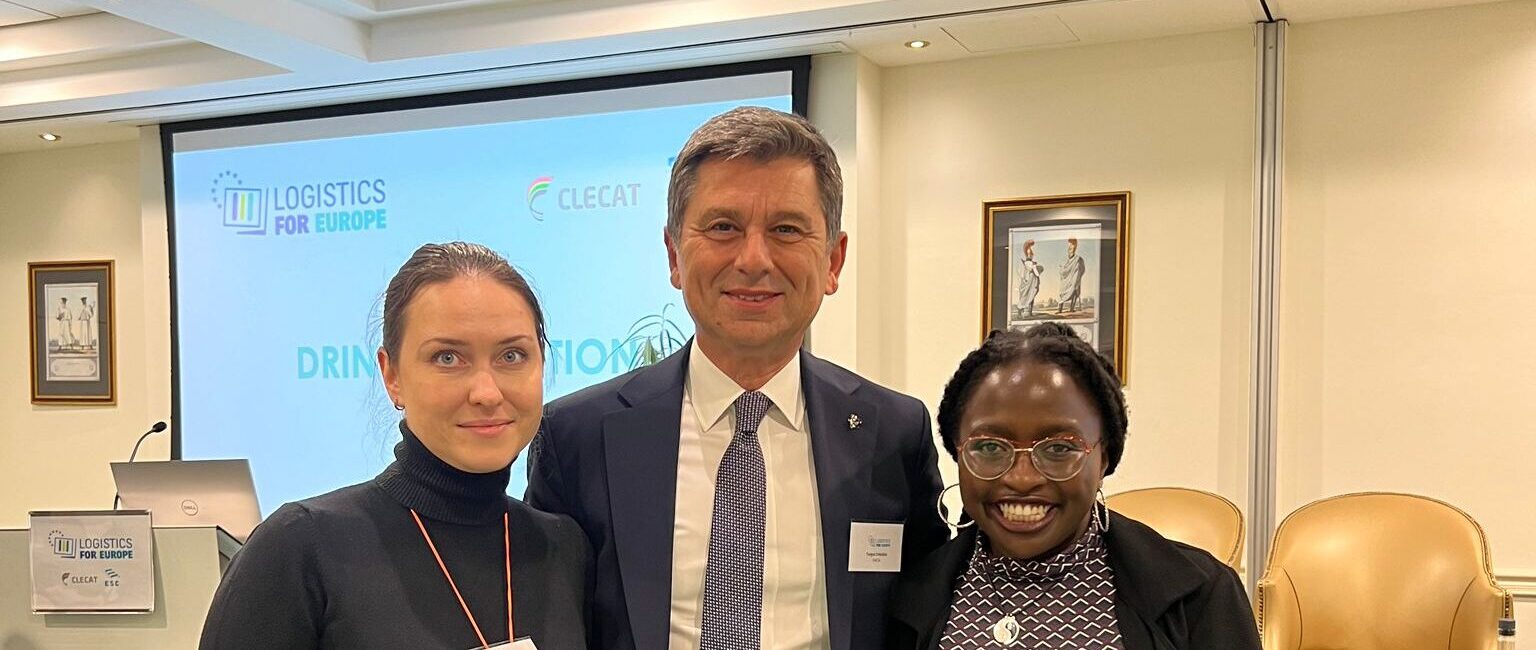Photo with Turgut Erkeskin Catherine Daniels Anis Khan Yariela Mendieta de Castillo
The FIATA HQ meeting was a robust gathering of logistics professionals and representatives of partner organizations from around the world. The sessions addressed pertinent questions including:
- If we live under the impression that life from now will not be that easy and acknowledge that we are moving into a normative world where we’ll need to follow a number of regulations including complying with safety and security regimes as countries introduce new restrictions, how best can we prepare for the future?
- In order to choose the right technology one must know what they are getting into, what utility function the proposed technology provides and how best to deploy it. Therefore what’s the nature of learning that can be deployed at a strategic level for more logisticians to adopt the most useful technologies?
- Going paperless has been the target, but this is not always the most efficient means, particularly in a single window system. In cases where the next level on the dashboard can only be unlocked once a previous step is fulfilled this can create inefficiencies including having to pay fees that thereafter need to be reimbursed. How best can such systems be redesigned?
- Some countries like Australia and Singapore are ahead of the curve in terms of digitized cross border sharing of information, e-invoicing and e-certification. What lessons can be learnt from their experience? Additionally what lessons can be picked from the EU green lane approach (implemented during the response to the Covid-19 pandemic)?
- Countries such as India that have an established national trade facilitation committee which incorporates customs and logistics associations have shown the impact this has on decision making at a national level. What can other countries do to achieve this impact in logistics?
There were many more, certainly, and the profession continues to evolve as the demand for young professionals continues to rise.



